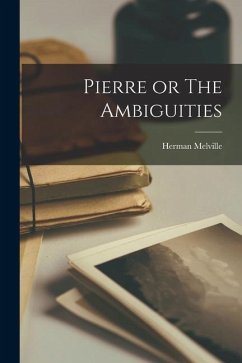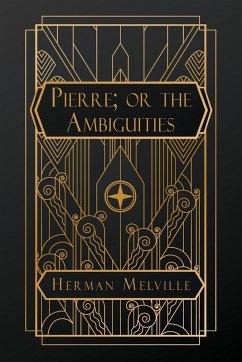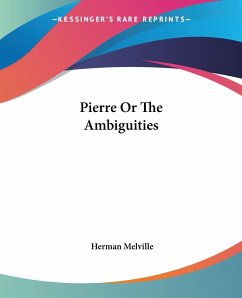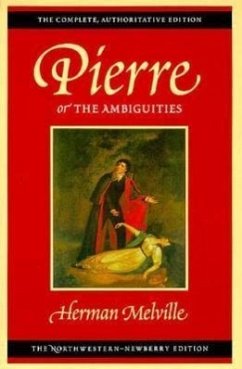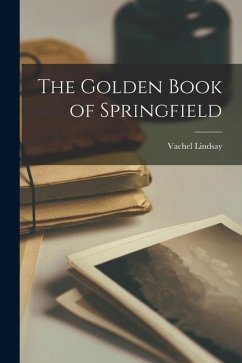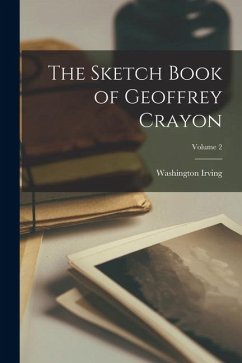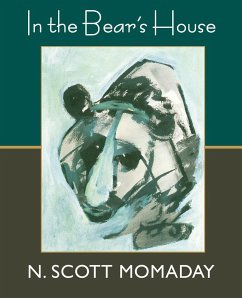Nicht lieferbar
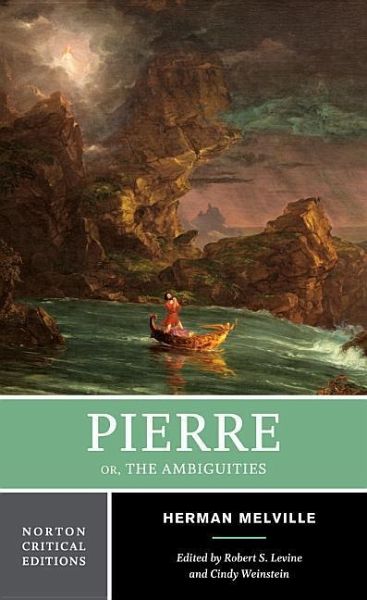
Herman Melville
Broschiertes Buch
Pierre Or, the Ambiguities
A Norton Critical Edition
Herausgeber: Levine, Robert S; Weinstein, Cindy
Versandkostenfrei!
Nicht lieferbar




The Harper & Brothers 1852 first edition of Pierre is accompanied by Robert S. Levine and Cindy Weinstein's introduction, note on the text and annotations. Contextual and source materials, including letters and responses, provide readers with a sense of Pierre's time and place. Seven critical essays on Pierre's major themes are also included.
Herman Melville was born in New York City on August 1, 1819, the third child of Maria and Allan Gansevoort Melvill. (The final e was added to the family name later.) His father's financial difficulties and his early death while Melville was still a youth disrupted his formal education. Instead, Melville tried his hand at a variety of occupations before joining the crew of a merchant ship bound for England in 1839. Two years later he sailed to the South Seas aboard the whaler Acushnet. His early fiction, like the novels Typee (1846) and Omoo (1847), drew upon and often embellished his exotic maritime adventures, earning him both popular and critical acclaim. But by the time he published Moby-Dick in 1851, his writing career was in decline, as both sales and praise of his works dwindled. Although he would subsequently publish two more novels and a number of short stories-including the masterpieces "Bartleby, the Scrivener" and "Benito Cereno"-Melville spent the last three decades of his life primarily writing poetry. Largely forgotten at the time of his death on April 19, 1891, Melville, along with his unfinished novella Billy Budd, was rediscovered and his reputation revived in the early decades of the twentieth century.

Produktdetails
- Verlag: W. W. Norton & Company
- Seitenzahl: 256
- Erscheinungstermin: 24. Februar 2017
- Englisch
- Abmessung: 213mm x 131mm x 45mm
- Gewicht: 585g
- ISBN-13: 9780393938944
- ISBN-10: 0393938948
- Artikelnr.: 45155359
Herstellerkennzeichnung
Libri GmbH
Europaallee 1
36244 Bad Hersfeld
gpsr@libri.de
Für dieses Produkt wurde noch keine Bewertung abgegeben. Wir würden uns sehr freuen, wenn du die erste Bewertung schreibst!
Eine Bewertung schreiben
Eine Bewertung schreiben
Andere Kunden interessierten sich für



